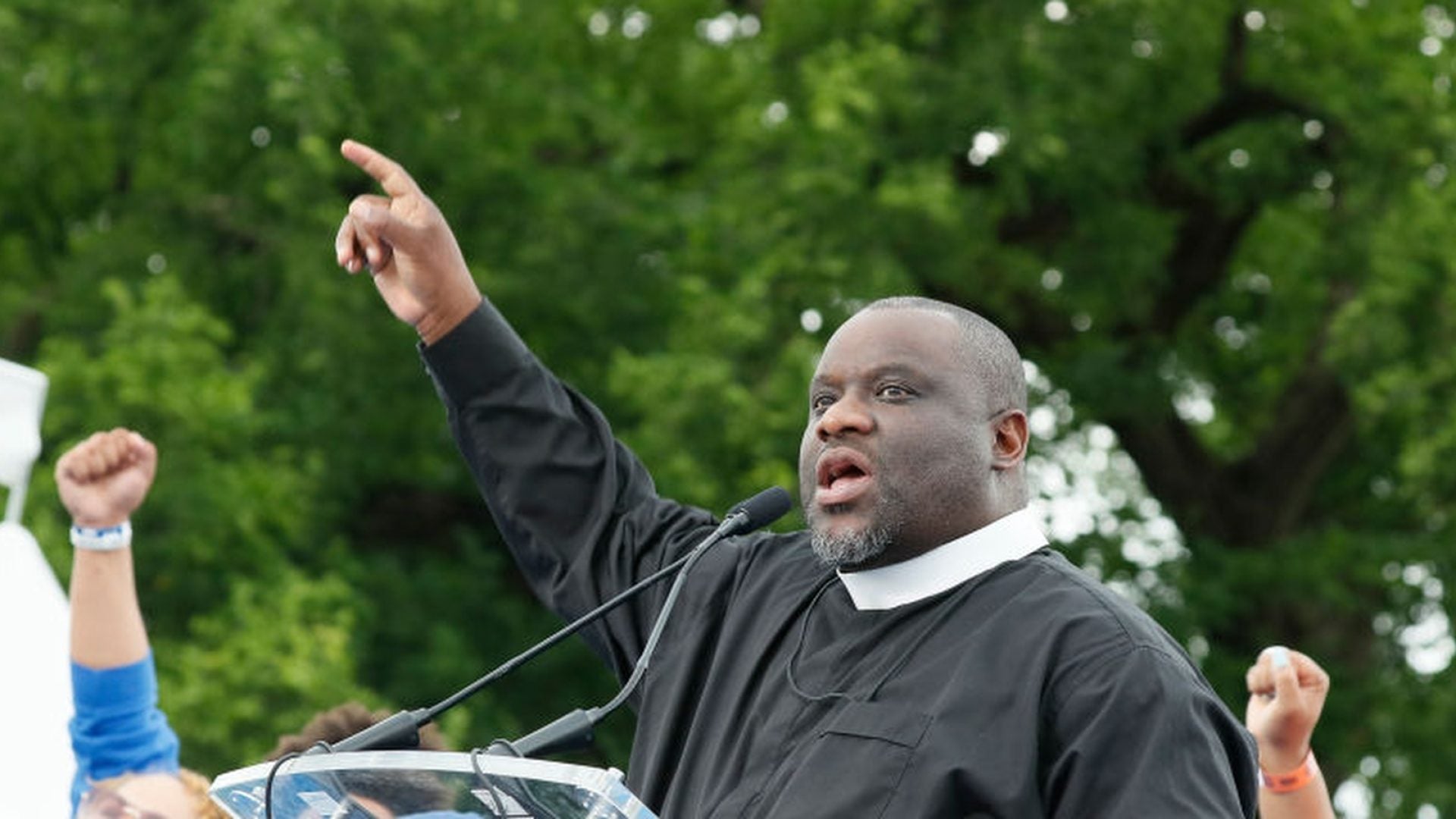
As we approach the almost fifth-month mark of the Israel-Gaza war, a coalition of more than 1,000 Black church leaders have called on the White House with a cease-fire demand.
The Black Christian Faith Leaders group paid for a full-page advertisement in the New York Times, which called “for an immediate bilateral ceasefire in the Middle East for the sake of our shared humanity and our collective security.”
Black pastors have had “sit-down meetings with White House officials” and written open letters in their attempt to make a “a moral case for President Biden and his administration to press Israel to stop its offensive operations in Gaza, which have killed thousands of civilians.” They also are requesting that Hamas release the hostages and “an end to Israel’s occupation of the West Bank,” the Times reports.
This entreaty is coming from a diverse swath of Black clergy from around the country, from the “conservative-leaning Southern Baptists to [the] more progressive nondenominational congregations in the Midwest and Northeast.”
Senior pastor of First Iconium Baptist Church in Atlanta Rev. Timothy McDonald said, “Black faith leaders are extremely disappointed in the Biden administration on this issue…We are afraid,” adding, “And we’ve talked about it — it’s going to be very hard to persuade our people to go back to the polls and vote for Biden.”
“This is not a fringe issue,” echoed Rev. Michael McBride, lead pastor of Berkeley, California’s The Way Church and founder of the Black Church PAC. “There are many of us who feel that this administration has lost its way on this.”
Democratic leaders are singing a different tune. Former Speaker of the House U.S. Rep. Nancy Pelosi (D-CA) went on CNN, telling Dana Bash the “call for a ceasefire is [Russian President Vladimir] Putin’s message.” She also went on to say that she believes the protests “are connected to Russia.”
“I think some financing should be investigated and I want to ask the FBI to investigate that,” says Pelosi.
Additionally, former President Trump is hoping to capitalize on the growing rift between the Black community and Biden. Just before the New Hampshire state primary, Trump boldly stated, “Have you seen our poll numbers with African Americans and with Hispanic Americans? But I’m not that surprised because I see it, I feel it…We did great in 2016, we did much better in 2020 but there is much more enthusiasm now.”
But pundits don’t think the biggest worry would be a pivot towards Trump, but rather a shift towards detachment and not showing up to the polls. “In some of the most narrowly divided states that could decide next year’s election, including Georgia, Pennsylvania and Michigan, even minor shifts in turnout could sway the results,” the Associated Press writes.





